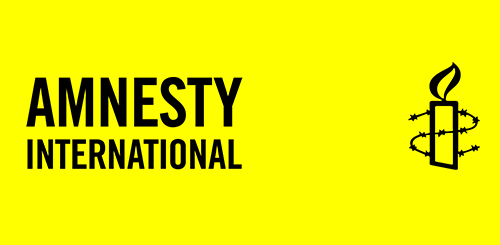Amnesty International today condemned the Ontario government’s tabling of legislation, Bill 31, The Efficient Local Government Act, which invokes the “notwithstanding clause” in section 33 of the Canadian Charter of Rights and Freedoms.
“No government in Canada should take the contemptuous step of disregard for the Charter of Rights that the notwithstanding clause offers them,” said Alex Neve, Secretary General of Amnesty International Canada. “To do so in a case involving the fundamental freedom of expression in a context in which core principles around elections and the underpinnings of our democracy are at stake is particularly disgraceful. This invocation of section 33 by Premier Ford’s government should be withdrawn immediately. Questions about the interpretation and application of the Charter should be pursued through appeals and left to judges to determine.”
The legislation came in response to the judgement of Ontario Superior Court Justice Edward Belobaba only two days earlier, on September 10th, in the case of City of Toronto and Attorney General of Ontario, ruling that Bill 5, the Better Local Government Act, reducing the number of seats on Toronto City Council after the municipal election campaign had begun, violated freedom of expression rights of both voters and candidates, protected in section 2(b) of the Charter of Rights.
The Charter’s notwithstanding clause, often defended as a compromise or safety valve, is a blatant human rights escape clause, allowing governments to violate Charter rights without judicial scrutiny or oversight. As such it makes it possible for federal, provincial or territorial governments to contravene Canada’s international human rights obligations in circumstances which would not be upheld or justified by the courts or by international human rights bodies.
Canada is obliged to uphold the freedom of expression in a number of international human rights instruments, such as article 19 of the International Covenant on Civil and Political Rights, an obligation that extends to provincial governments.
The Charter of Rights, both explicitly and in how it has been interpreted by judges at all levels of court across the country, amply contains the restrictions, flexibility and balancing that is recognized as legitimate in international human rights law. There is no need and should be no place for such a crude provision as the notwithstanding clause. Amnesty International calls on all governments in Canada to refrain from invoking it.
Background:
Section 33 of the Canadian Charter of Rights and Freedoms provides as follows:
(1) Parliament or the legislature of a province may expressly declare in an Act of Parliament or of the legislature, as the case may be, that the Act or a provision thereof shall operate notwithstanding a provision included in section 2 or sections 7 to 15.
(2) An Act or a provision of an Act in respect of which a declaration made under this section is in effect shall have such operation as it would have but for the provision of this Charter referred to in the declaration.
(3) A declaration made under subsection (1) shall cease to have effect five years after it comes into force or on such earlier date as may be specified in the declaration.
(4) Parliament or the legislature of a province may re-enact a declaration made under subsection (1).
(5) Subsection (3) applies in respect of a re-enactment made under subsection (4).
Over the course of the 36 years since the Charter of Rights was adopted, section 33 has been invoked by provincial governments in Quebec and Saskatchewan, and there has been an intention or attempts to use it by the governments of Alberta and the Yukon. It has never been invoked by the federal government. This is the first time it has been used in Ontario.
For more information, please contact Elizabeth Berton-Hunter, Media Relations 416-363-9933 ext 332 bberton-hunter@amnesty.ca






















